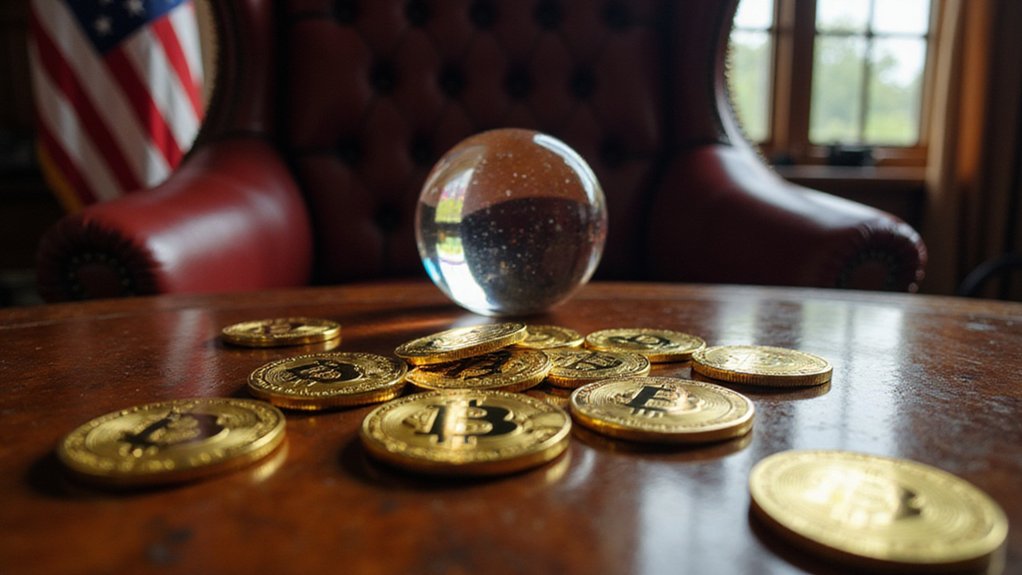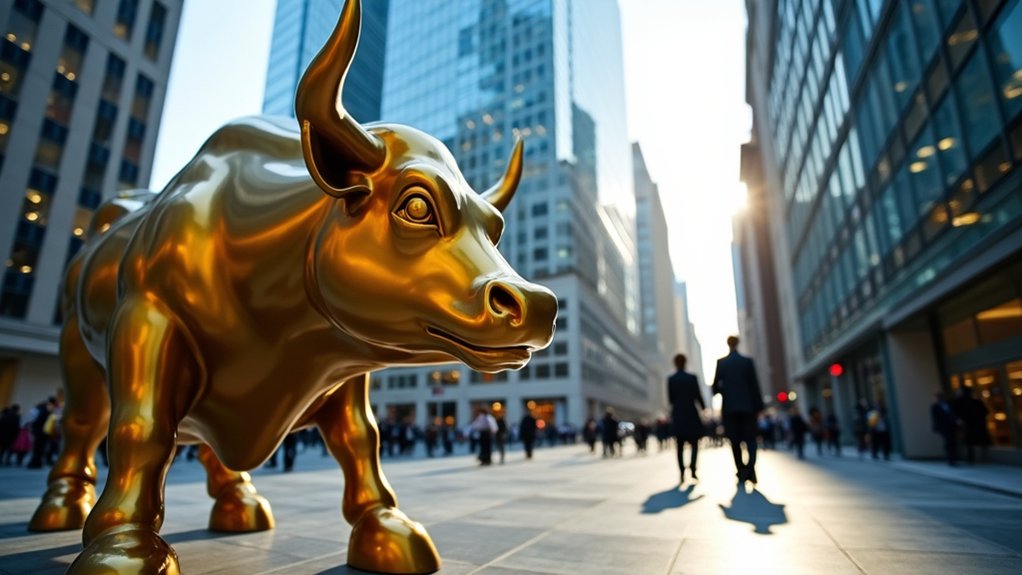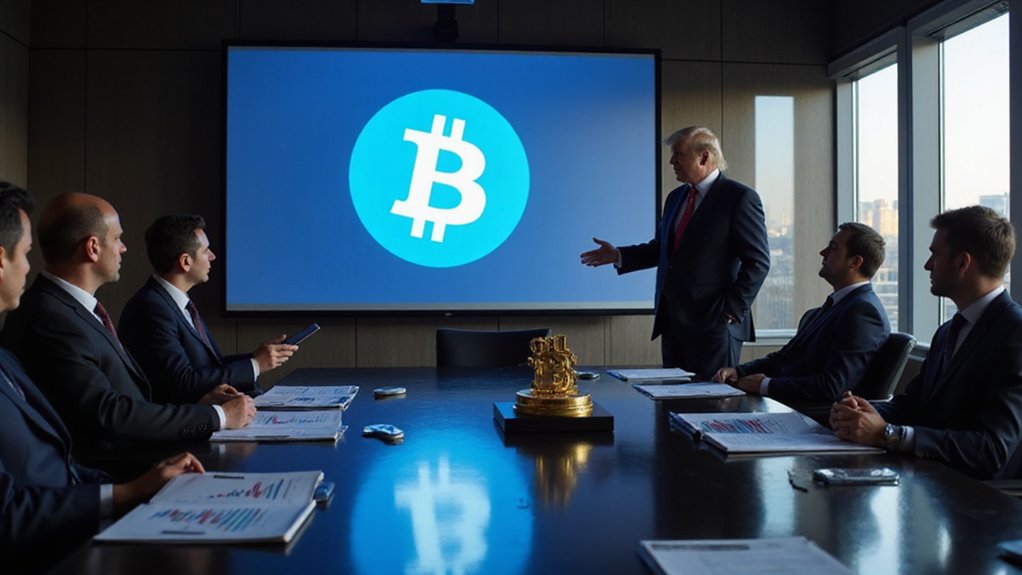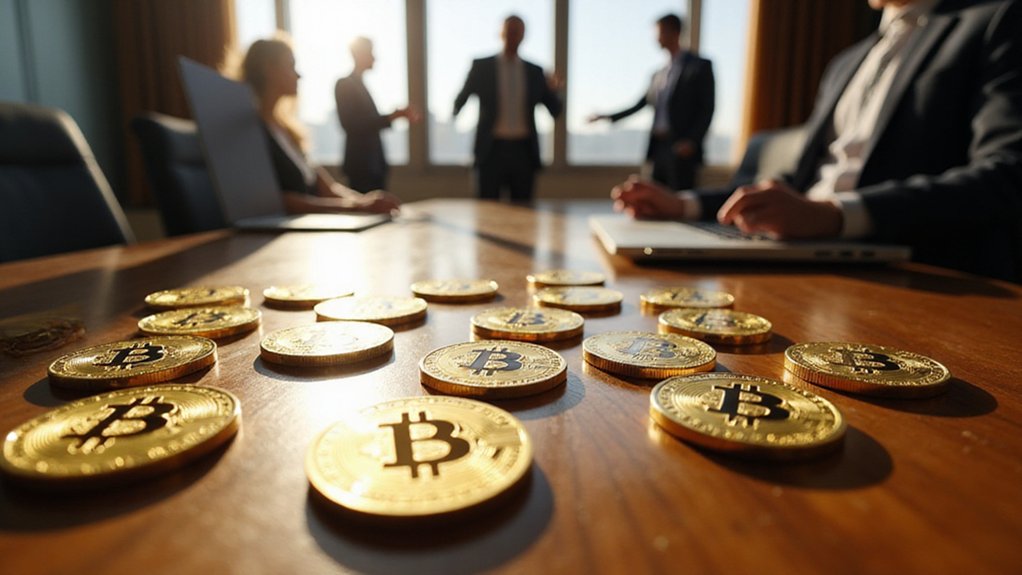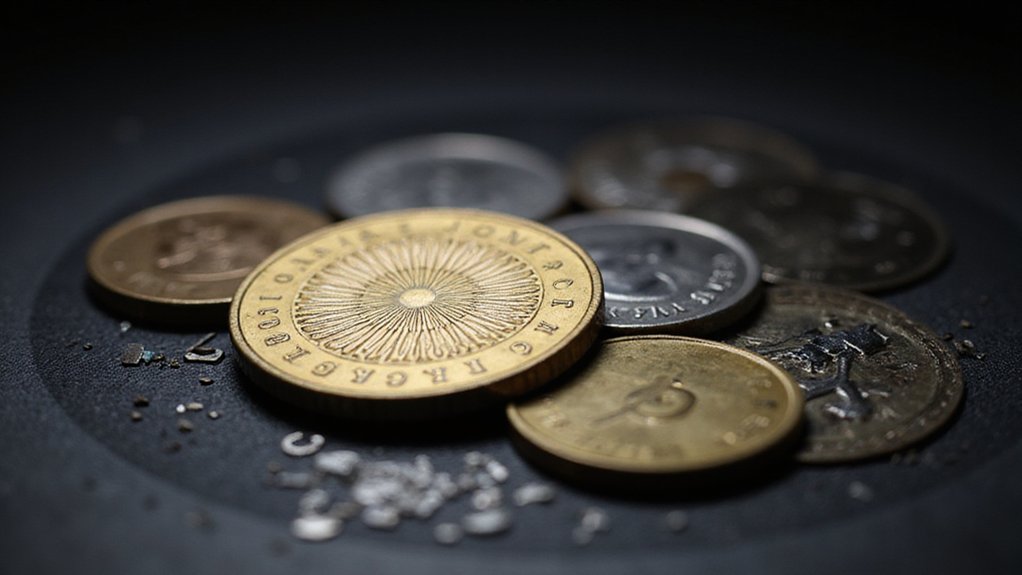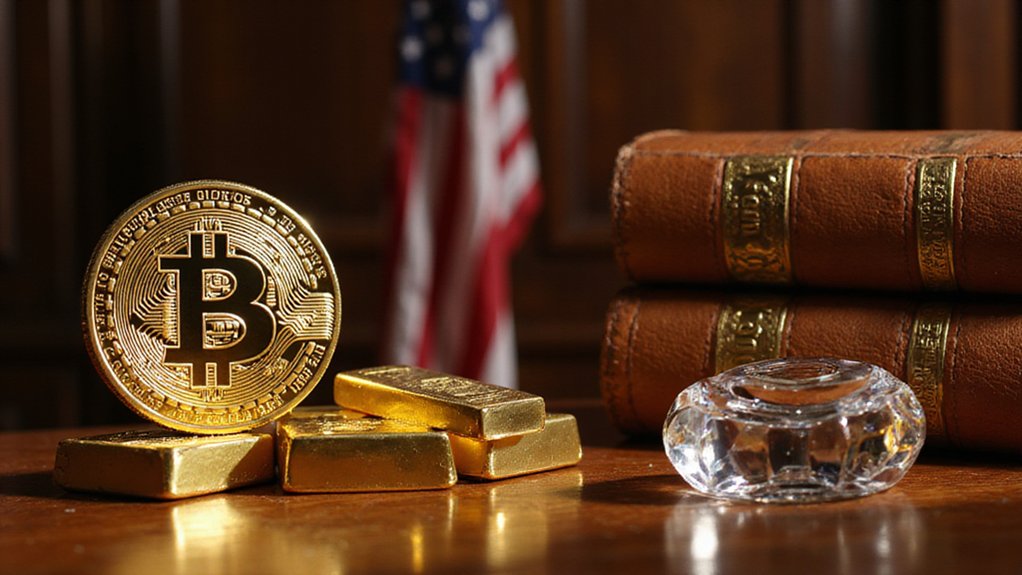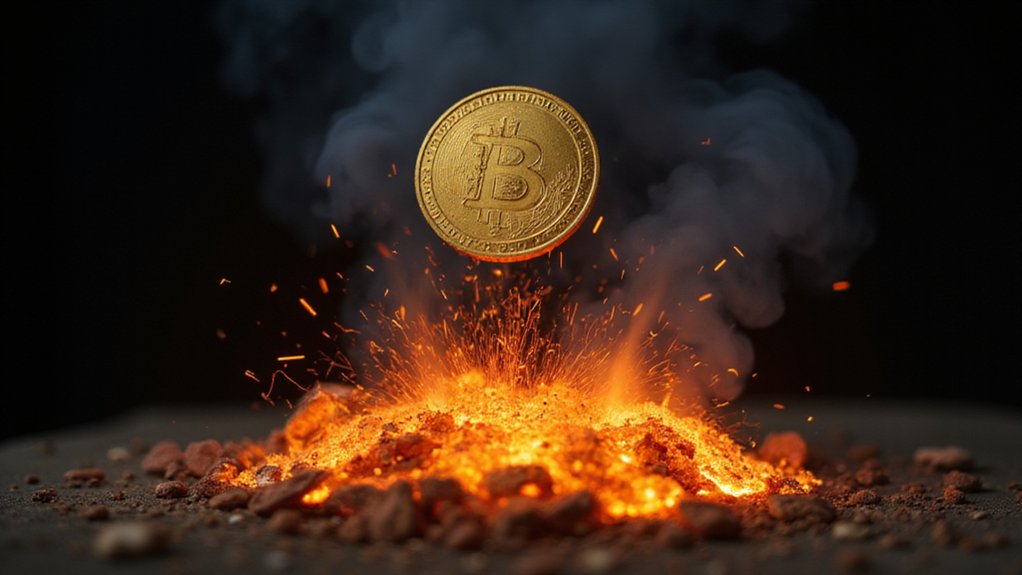The convergence of cryptocurrency speculation and presidential politics has produced what might be considered the most lucrative campaign accessory in American history: Donald Trump’s $57.4 million windfall from World Liberty Financial, a decentralized finance venture that launched in September 2024 with the ambitious goal of challenging traditional banking through dollar-pegged stablecoins and governance tokens.
World Liberty Financial, co-launched by Trump and his sons, managed to raise $550 million through token sales—a figure that would make most venture capitalists weep with envy. The venture issued 100 billion tokens, allocating 22.5 billion to DT Marks Defi, with Trump personally holding 15.75 billion governance tokens that carry voting rights. One might wonder if presidential debates will soon include discussions of liquidity pools and yield farming strategies.
The investor roster reads like a who’s who of crypto affluence: Justin Sun contributed $30 million in November 2024, while Web3Port added $10 million in January 2025. Oddiyana Ventures also participated with an undisclosed amount, though one suspects “undisclosed” rarely means “modest” in cryptocurrency circles. These strategic investments positioned World Liberty Financial as a legitimate challenger to traditional finance, assuming traditional finance feels particularly threatened by ventures launched between campaign rallies.
Trump’s diversified portfolio now extends beyond his real estate empire to include up to $5 million in crypto assets and $500,000 in gold bars—hedging strategies that would make any financial advisor proud, if slightly bewildered by the timing. The income disclosure, dutifully filed with the US Office of Government Ethics, raises inevitable questions about conflicts of interest when the nation’s chief executive holds governance tokens in a DeFi protocol. Trump’s governance tokens were acquired through realized gains from token sales, providing both financial returns and voting influence within the platform’s decision-making structure.
Public reaction has been predictably mixed, with critics pointing to obvious ethical concerns while supporters celebrate the marriage of populist politics and decentralized finance. The regulatory environment remains characteristically murky, though Trump’s other ventures have already danced with the SEC on various occasions. Trump’s evolving stance on cryptocurrency represents a dramatic shift from his previously hostile position to embracing the industry as a legitimate financial frontier.
Whether this crypto windfall represents shrewd financial diversification or an unprecedented conflict of interest may depend entirely on one’s tolerance for mixing presidential power with blockchain governance—a combination that surely deserves its own constitutional amendment. The platform’s emphasis on promoting dollar dominance through its USD1 stablecoin reflects broader geopolitical ambitions beyond simple financial returns.
